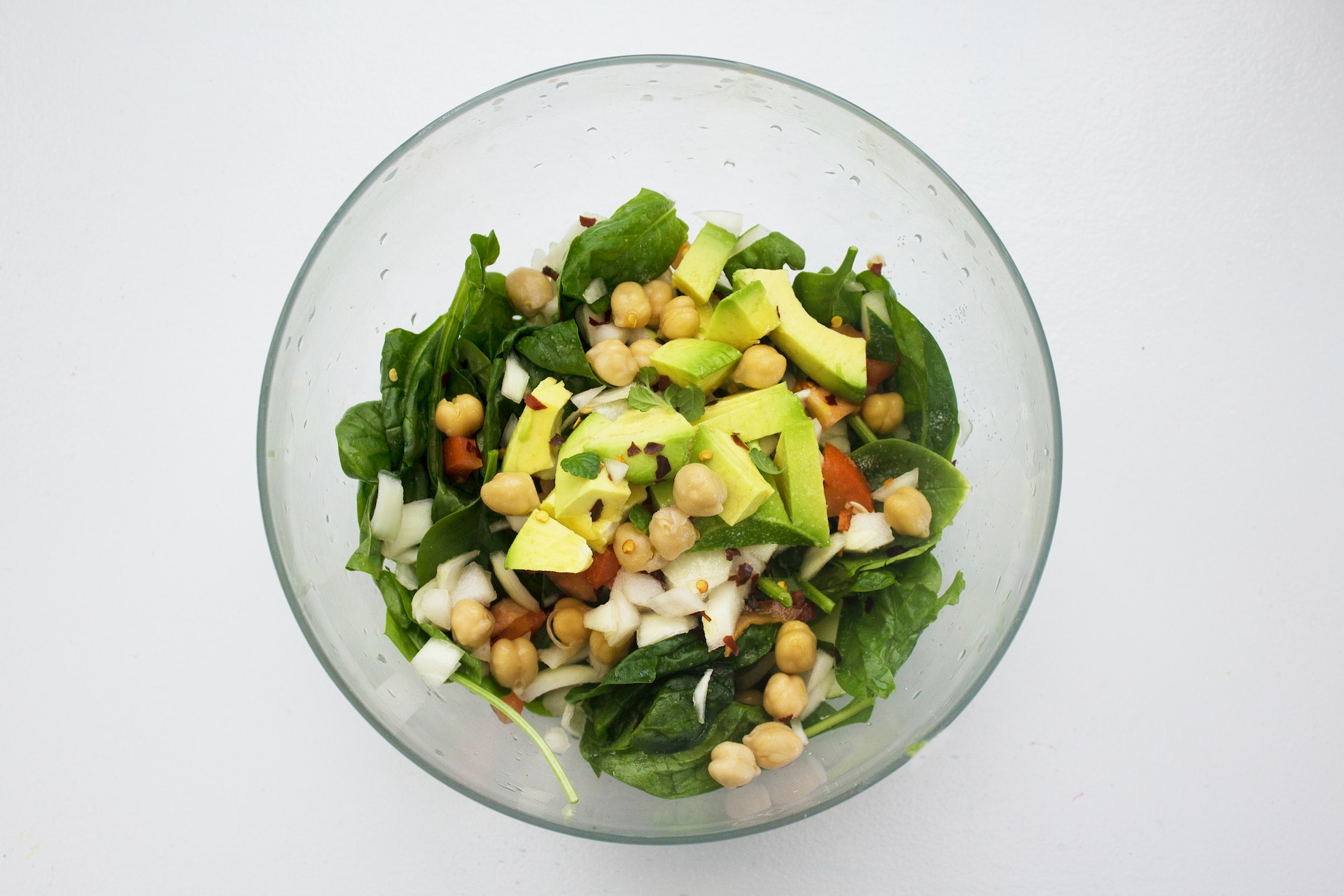Plant-based diets not only help with weight management, but also improve overall health.
Plant-based diets emphasize the intake of fresh vegetables, fruits, whole grains, legumes, and nuts, which are rich in fiber, vitamins, and minerals, can increase satiety, and reduce calorie intake.
Plant-based diets are generally lower in saturated fat and cholesterol, which can help reduce the risk of heart disease and other chronic diseases.




Overweight and obesity often lead to chronic fatigue, and by losing weight, you can improve your energy levels and overall health.
Avoid excessive dieting and extreme eating patterns during your weight loss journey, as these can lead to malnutrition and fatigue.
Choose a balanced diet with adequate carbohydrates, protein, and healthy fats to provide sustained energy.
Incorporating regular aerobic exercise and strength training can help improve your physical fitness, reduce fatigue, and promote healthy weight loss.



Excessive sodium intake can lead to edema and high blood pressure, which is not conducive to weight management and heart health.
Choose low-sodium foods, such as fresh vegetables, fruits, whole grains and foods without added salt, and avoid high-salt processed foods and condiments.
Use herbs and spices instead of salt to season, which can increase the flavor of food without increasing sodium intake.
Daily sodium intake should be controlled within the recommended range. Through a low-sodium diet, you can lose weight more effectively and promote overall health.

